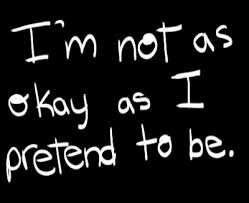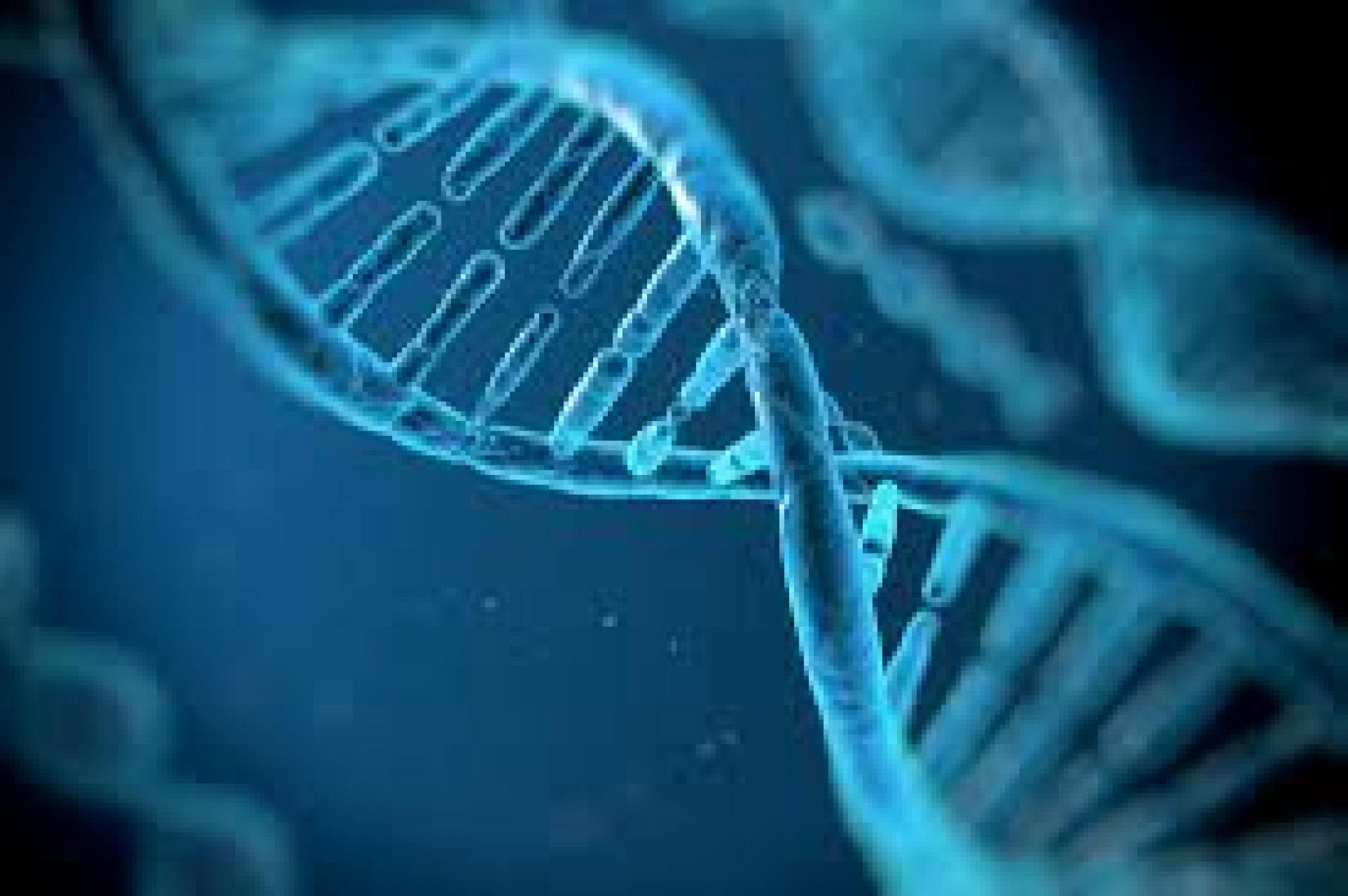Hi there…Its been a while. I hope I meet you well? Here is a new topic I would like to share with you.
Have you ever felt like not talking to anyone after having a tough day? Can you remember how you felt when you lost that game to your opponent? What about the moment you were told your services are no more needed at your office and you were walked out of your office with your juniors watching with sympathy? What about the intermittent mood swings you keep experiencing? It is imperative to note that the vicissitude of life comes with so many pros and cons. It is a common saying that an average man feels depressed more than he feels happy. You might wanna ask me..what about the rich? Do they feel depressed? Well…I am more than happy to tell you they do. More money comes with more responsibilities and more responsibilities in turn generate tendencies of getting depressed.

Now, what is depression?
Depression (major depressive disorder) is a common and serious medical illness that negatively affects how you feel, the way you think and how you act. Depression makes one lose interest in things one once loved. it causes feelings of sadness and can decrease ones ability to function at par.
What are the symptoms of depression?
According to research, Depression affects an estimated one in 15 adults (6.7%) in any given year. And one in six people (16.6%) will experience depression at some time in their life. Depression can strike at any time, but on average, first appears during the late teens to mid-20s. Women are more likely than men to experience depression. Some studies show that one-third of women will experience a major depressive episode in their lifetime. Check some of these symptoms listed below if you think you are feeling depressed.

Symptoms of depression:
- Loss of interest in activities once enjoyed;
- Feeling sad or having a depressed mood;
- Difficulty thinking, Concentrating or making a decision;
- Feeling worthless or guilty;
- Increase in purposeless physical activity (e.g., hand-wringing or pacing) or slowed movements and speech (actions observable by others);
- Changes in appetite — weight loss or gain unrelated to dieting;
- Thoughts of death or Suicide.
Note:Symptoms must last at least two weeks for a diagnosis of depression.
Factors that influence depression
- Neurochemical Imbalance: From my years of studying biochemistry, a slight decrease or increase in chemical substances(e.g.Hormones,Neurotransmitters, Enzymes e.t.c) that coordinates the body’s biochemical reactions can lead to changes in body activities and response to ones immediate enviroment. for example,dopamine(a chemical found in the brain) plays an important role in regulating our drive to seek out rewards, as well as our ability to obtain a sense of pleasure. Low dopamine levels may in part explain why depressed people don’t derive the same sense of pleasure out of activities or people that they did before becoming depressed.
- Genetics:Depression can run in families. For example, if one identical twin has depression, the other has a 70 percent chance of having the illness sometime in life.
- Personality:People with low self-esteem, who are easily overwhelmed by stress, or who are generally pessimistic appear to be more likely to experience depression.
- Environmental factors: Continuous exposure to violence, neglect, abuse or poverty may make some people more vulnerable to depression.
Treatments for depression
Before a diagnosis or treatment, a health professional should conduct a thorough diagnostic evaluation, including an interview and possibly a physical examination. In some cases, a blood test might be done to make sure the depression is not due to a medical condition like a thyroid problem. The evaluation is to identify specific symptoms, medical and family history, cultural factors and environmental factors to arrive at a diagnosis and plan a course of action.
- Medication: Brain chemistry may contribute to an individual’s depression and may factor into their treatment. For this reason, antidepressants might be prescribed to help modify one’s brain chemistry. These medications are not sedatives, “uppers” or tranquilizers. They are not habit-forming. Generally antidepressant medications have no stimulating effect on people not experiencing depression. Antidepressants may produce some improvement within the first week or two of use. Full benefits may not be seen for two to three months. If a patient feels little or no improvement after several weeks, his or her psychiatrist can alter the dose of the medication or add or substitute another antidepressant. In some situations other psychotropic medications may be helpful. It is important to let your doctor know if a medication does not work or if you experience side effects. Psychiatrists usually recommend that patients continue to take medication for six or more months after symptoms have improved. Longer-term maintenance treatment may be suggested to decrease the risk of future episodes for certain people at high risk.
- Psychotherapy: Psychotherapy, or “talk therapy,” is sometimes used alone for treatment of mild depression; for moderate to severe depression, psychotherapy is often used along with antidepressant medications. Cognitive behavioral therapy (CBT) has been found to be effective in treating depression. CBT is a form of therapy focused on the present and problem solving. CBT helps a person to recognize distorted thinking and then change behaviors and thinking. Psychotherapy may involve only the individual, but it can include others. For example, family or couples therapy can help address issues within these close relationships. Group therapy involves people with similar illnesses. Depending on the severity of the depression, treatment can take a few weeks or much longer. In many cases, significant improvement can be made in 10 to 15 sessions.
- Electroconvulsive Therapy (ECT): is a medical treatment most commonly used for patients with severe major depression or bipolar disorder who have not responded to other treatments. It involves a brief electrical stimulation of the brain while the patient is under anesthesia. A patient typically receives ECT two to three times a week for a total of six to 12 treatments. ECT has been used since the 1940s, and many years of research have led to major improvements. It is usually managed by a team of trained medical professionals including a psychiatrist, an anesthesiologist and a nurse or physician assistance.
….I hope you have learnt alot today…stay glued to this blog while i dish out topics beneficial to health and wellbeing.

Nice post
LikeLike